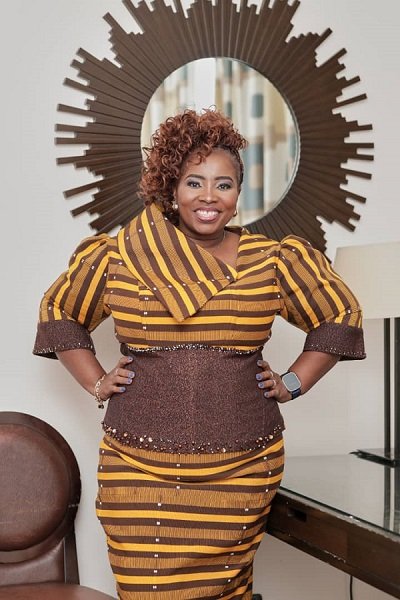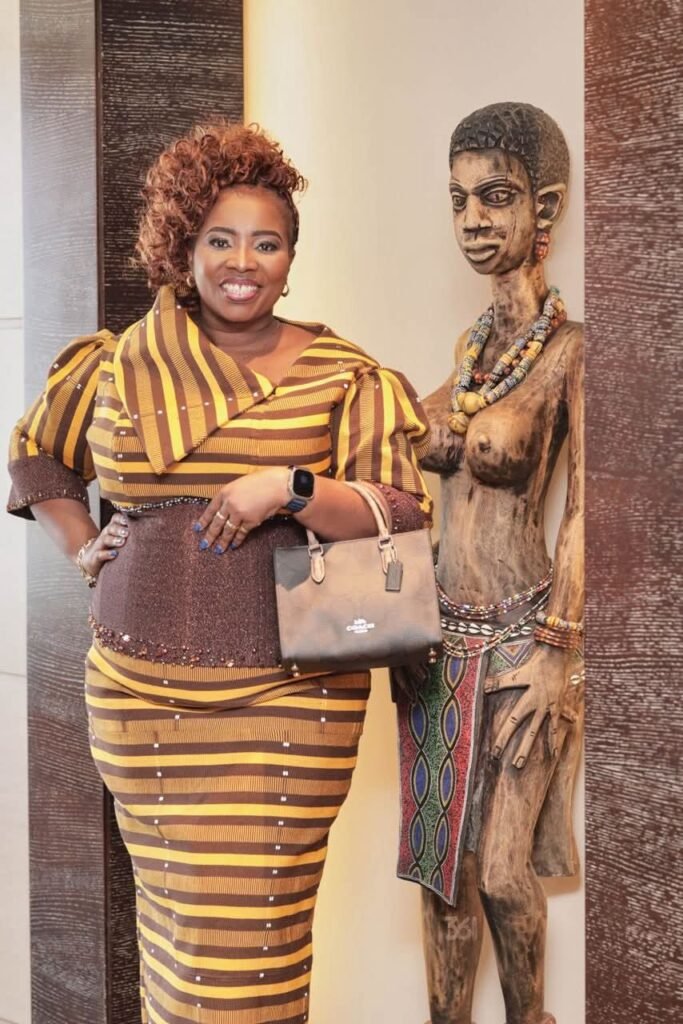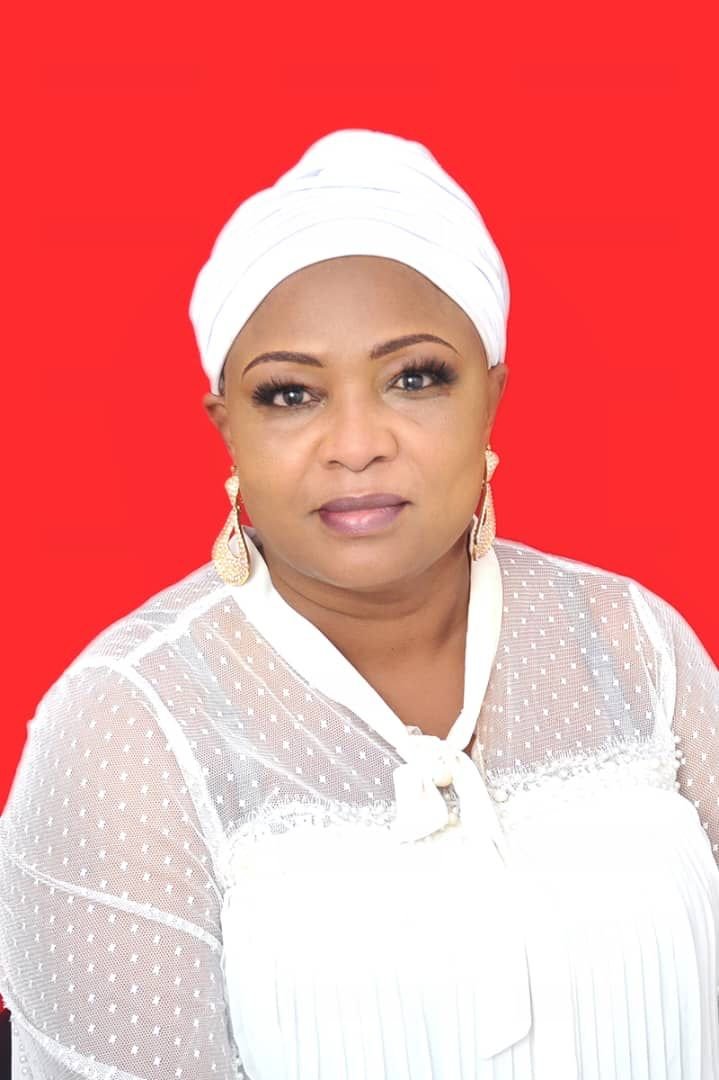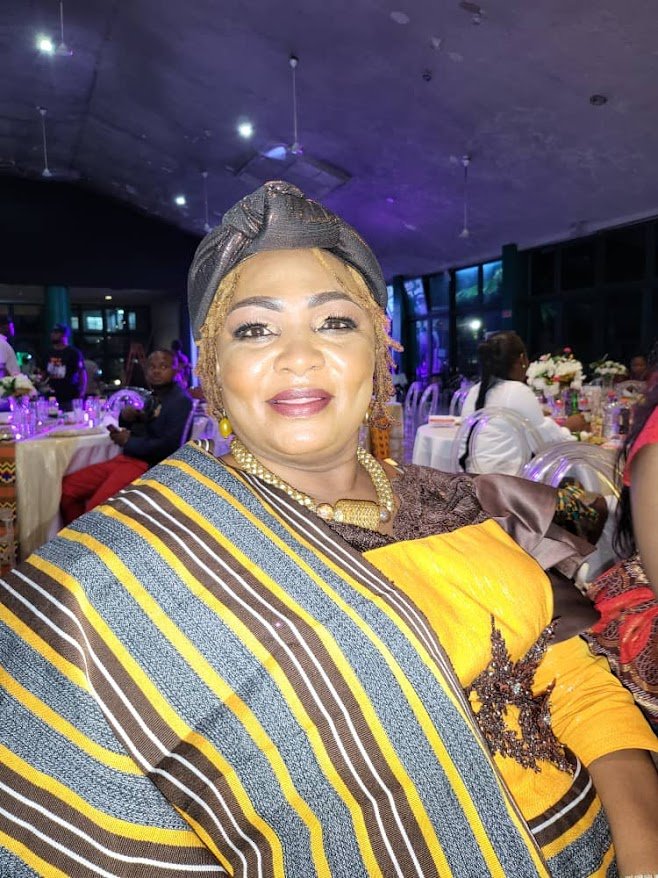Profile
From herding cattle to Yale Law: Frederick Adongo’s inspiring journey backed by Alhaji Agongo’s philanthropy

In today’s social media-craze world, motivational stories are not in short supply but only a few of them tickle real emotions. Frederick Agaaya Adongo’s story is one of the rare exceptions.
Last week, beneath the historic elm trees at Yale University’s graduation ceremony, the once cattle herder stood tall in his academic regalia, the same hardened hands that once held farm tools in rural Zorkor in the Upper East Region now clutching a Master of Laws (LL.M) degree from one of the world’s most prestigious institutions.
“This is nothing short of exhilarating,” the cheerful graduand said in an interview, recalling his emergence from a humble background – the dusty paths of his remote village, where dreams often wither under the harsh sun – to becoming the first Ghanaian in almost four decades to graduate with LL.M from the prestigious Yale Law School.
“I had no professional ambitions growing up. I would say my journey to law school was divinely orchestrated,” he said.
A key part of that divine orchestration is the unwavering support of renowned businessman and philanthropist, Alhaji Seidu Agongo, whose generosity transformed the cattle herder’s dream into an extraordinary reality.
Between farm, cattle and classroom
Growing up in rural Ghana, Frederick said his early life revolved around farming and animal husbandry.
He recalled dividing his time between school, herding cattle, and going to the farm, costing him precious learning time.
Despite these challenging circumstances, he persevered through basic education, eventually stopping cattle herding in his final year in Junior High School (JHS) to focus on the Basic Education Certificate Examination (BECE).
Predictably, funding his education was a constant struggle. “With contributions from family and other benevolent people, I managed to meet all my financial obligations to complete high school,” he said, though that meant a bigger hurdle was ahead.
At the University of Ghana, he said relied heavily on support from chaplains and members of the St. Thomas Aquinas Parish and the St. Vincent de Paul Society.
The Agongo factor
Frederick’s life changed dramatically when a senior at the University of Ghana recognised his potential and recommended him to Alhaji Seidu Agongo – a moment he describes as “a significant turning point in my life.”
“Since knowing Alhaji Agongo, he has paid my school fees and provided for my needs throughout my educational journey,” Frederick explained. “I didn’t have to worry about the burdens that otherwise would have made it difficult for me to focus on my studies,” he said.
The result is an improbable Yale Law School star, now a symbol of possibility and a beacon of hope for rural youth across the nation.
The story of Frederick, who Alhaji Agongo neither knows nor has ever met, is one of many by a philanthropist who believes in sharing himself to help make society better.
He has sponsored hundreds of children across the country through various levels of education, paid the bills of hundred more people and constructed and furnished a state-of-the-art block for the Children’s Department of the Korle Bu Teaching Hospital in Accra.
Alhaji Agongo has also funded several females, widows and single mothers through vocational training and entrepreneurships as part of his commitment to helping create an equitable society.
“Frederick is an exceptional talent and the least I can do is to support him shine,” he said. “Through that support, he will make his family and society better and the world will be the bigger beneficiary,” he added.
Making history at Yale
For Frederick, Alhaji Agongo’s presence in his life led him into a land of possibilities.
After successfully completing his law degree in Ghana, he said he was faced with offers from both Yale and Harvard Law Schools but settled for Yale for its intimate learning environment with smaller class sizes.
“My checks also strongly suggest that since 1987, we have not had a Ghanaian in the programme,” he notes proudly.
As the only African in his cohort, Frederick decided to “take the road less traveled,” breaking a 38-year absence of Ghanaian representation in Yale’s prestigious LL.M. programme, a journey smoothen by constant financial and moral support from Alhaji Agongo.
For him, the LL.M. holds immense personal significance, more so from Yale.
“Yale Law School not only imparts profound legal knowledge but also instills in us the responsibility to use that knowledge to address society’s most pressing challenges. Coming from a background where higher education seemed like an unlikely dream, the opportunity to now be part of a community that strives to create meaningful change in the world is nothing short of exhilarating,” he said.
Genuine philanthropist
For Frederick, Alhaji Agongo’s success story highlights the transformative impact of a man’s philanthropy that extends far beyond his personal.
“Alhaji Agongo is a genuine philanthropist,” Frederick said, noting the distant nature of their relationship.
“Since knowing him, we have only spoken on the phone; he has never met me and has nothing to gain from me for helping me. Yet he constantly checks up on me to ensure that I am comfortable and provides whatever I need,” he said.
Frederick revealed that Alhaji Agongo has similarly supported numerous other students whose educational journeys might have been “prematurely truncated but for his benevolence.”
Message to the youth
For Frederick, his situation is a powerful testament of how one’s background means less to his/her future.
“One is not defined by their circumstances,” he said.
“We need to only push ourselves to our elastic limits in the pursuit of our goals,” he said.
He stressed the importance of mentorship and humility, noting that the youth needed to get mentors who can guide them in whatever field they choose to pursue.
“We just need to humble ourselves and be ready to learn from mentors, friends, and colleagues. And we will attain greater heights,” he said.
On what next, he said he return home to work while exploring opportunities for further studies.
While at it, his story stands as a powerful testament to perseverance, the impact of philanthropy, and the heights that determined Ghanaians can reach with proper support.
By Spectator Reporter
Profile
Dr Lawrencia Abena Wurah: blending banking, politics, and philanthropy to create lasting impact

In a world where leadership often bends to convenience, Dr Lawrencia Abena Wurah stands tall as a woman of purpose, resilience, and integrity.
A distinguished Ghanaian banker, politician, and philanthropist, her journey is a shining example of how dedication, education, and compassion can blend to create lasting impact.
Currently serving as the Head of Strategic Sector Development (ICT Focus) at the Development Bank Ghana (DBG), Dr Wurah is championing the growth of Ghana’s digital economy.
Her role focuses on identifying and supporting bankable ICT projects through strategic partnerships with Participating Financial Institutions (PFIs), ecosystem enablers, and policymakers. Her work advances DBG’s mission to promote inclusive growth, innovation, and job creation through digital transformation — a vision she pursues with clarity and conviction.

Before joining DBG, Dr Wurah made remarkable contributions to the financial sector during her 11-year tenure at Société Générale Ghana, where she served as a Relationship Manager in the Retail Banking Division.
She managed a diverse portfolio of clients, helping to expand financial inclusion and strengthen customer relationships. Her career at Société Générale reflected her firm belief that banking is not merely about transactions but about trust and empowerment.
Dr Wurah’s success story is grounded in her impressive academic achievements. She holds a Doctorate in Strategic Management and Leadership Practice from OTMH Qualifications, UK, awarded through Marshalls University College, Ghana.
She also holds an MBA in Marketing, a BSc in Marketing, and several professional certifications — all of which underscore her lifelong commitment to learning and leadership excellence.
At her recent graduation, she was honoured with two prestigious distinctions — the Leadership and Organisational Performance Excellence Award and the Resilience and Perseverance Award. These recognitions celebrated not only her academic brilliance but also her determination and strength of character, qualities that continue to define her professional and personal life.
Beyond her thriving career in banking, Dr Wurah is also actively involved in politics, where she channels her passion for leadership, governance, and national development. She believes that politics, when rooted in integrity and service, can be a powerful platform for positive change.
Her philanthropic work is equally inspiring. Deeply committed to empowering young people, particularly women, Dr Wurah encourages them to pursue education and self-belief as tools for transformation.
She mentors many young women, guiding them to discover their potential and purpose in a world that often tells them otherwise.
Away from work, Dr Wurah describes herself as a lover of life. She enjoys reading, singing, and making others happy — a reflection of her belief that joy and kindness lie at the heart of meaningful living.
Her popular personal mantra, #Dey4WhoDey4You, speaks volumes about her loyalty and authenticity — qualities that have endeared her to many.
A proud Ghanaian with roots in both the Volta and Eastern Regions, Dr Wurah embodies optimism, strength, and grace. Her vibrant personality and unwavering determination continue to inspire those around her to dream bigger, serve better, and lead with heart.
Dr Lawrencia Abena Wurah is more than a banker or politician — she is a symbol of possibility, proving that with resilience, purpose, and compassion, one can build bridges between personal success and national progress.
By Edem Mensah Tsortorme
Join our WhatsApp Channel now!
https://whatsapp.com/channel/0029VbBElzjInlqHhl1aTU27
Profile
Serving Humanity with Love, Humility, and Integrity …The story of Hajia nadia abbas alhassan iv

In a time when communities yearn for authentic leadership grounded in compassion and purpose, one name has steadily risen to embody the promise of renewal — Hajia nadia abbas alhassan iv
To many, she is more than a personality; she is a movement. To the youth, a source of inspiration; to women, a voice of courage; and to society, a symbol of service anchored in divine calling.
For Nadia, leadership is not an ambition born of politics but a calling from the heart, one she describes as a divine mandate to serve humanity with love, humility, and integrity.
“It is a calling from the divine; putting smiles on people’s faces gives me internal joy,” she says.
This philosophy has shaped her journey from grassroots advocacy to a broader mission of empowerment — particularly among women and young people. Her life is a testament that true leadership begins not with titles, but with service.
Those who know Nadia describe her as a leader of quiet strength — one who acts more than she speaks and listens before she leads. Her influence grew organically through community work, where she devoted herself to addressing everyday struggles, from mentoring young girls to supporting widows and championing education in underserved areas.
Nadia believes leadership should emerge from empathy, saying,
“A true leader must first understand pain; you cannot lead people you don’t listen to.”
Her commitment to servant leadership is reflected in her philosophy: to lead is to serve, not to rule. She consistently advocates for leadership models rooted in compassion rather than competition, believing that the true measure of power lies in how much good it can achieve.
Women and Youth Empowerment
Women’s empowerment stands at the core of Nadia’s mission. Through mentorship, advocacy, and community initiatives, she has worked to uplift women and young girls, encouraging them to see beyond limitations and societal barriers.
She insists that empowering women is not just a moral duty but a necessity for national development.
“When you empower a woman, you empower a generation,” she often says.
Her approach blends mentorship with practical support, ensuring that women gain not only confidence but also opportunities. Her campaigns have emphasised education for girls, entrepreneurship for women, and protection for the vulnerable. She has called on society to rethink how it values women — urging both men and women to become partners in progress rather than opponents in struggle.
Equally passionate about the youth, Nadia describes young people as “the heartbeat of change.” Her initiatives focus on nurturing their talents, guiding them toward purpose-driven careers, and instilling values of discipline and self-belief.
“We must create systems that help young people discover who they are and what they can contribute,” she says.
Her mentorship programmes focus on leadership training, community service, and personal development — turning potential into performance.

A Life of Compassion and Faith
Nadia’s story is also one of compassion in action. Beyond public appearances and advocacy, she is known for her quiet acts of kindness — supporting the sick, helping orphans, and standing with families in crisis.
Her leadership is deeply spiritual. To her, service to humanity is service to God.
“Love knows no boundaries; it sees no colour, creed, or status. It embraces all and seeks the good in every person,” she says.
This universal message of love and unity defines her worldview. She believes society can only progress when grounded in empathy and mutual respect.
For Nadia, protecting people’s dignity is non-negotiable. She has often spoken against corruption, discrimination, and all forms of social injustice.
“To protect is not merely to defend,” she explains, “but to ensure that every person can live in dignity and safety.”
She describes her work as a divine mandate — a call to embody compassion in leadership. To her, faith and service are inseparable; leadership must be guided by moral conviction and divine purpose.
“Nadia Season” — A Movement of Hope
Her supporters call this moment “Nadia Season” — a symbolic expression of renewed hope and collective awakening. It is less about politics and more about purpose; less about power and more about people.
She envisions a society where leadership is measured not by how loudly one speaks, but by how faithfully one serves.
“This is no longer a time for empty promises,” she says. “It is a time for proven purpose — for unity, compassion, and results.”
Hajia Nadia Abass Abubakar’s journey is still unfolding, but her impact is already being felt. She has inspired a generation to see leadership through the lens of service.
Her philosophy of love, equality, and compassion resonates deeply with those who believe in a better Ghana and a more humane world.
Her story is not just about one woman’s ambition but about a people’s awakening — a reminder that leadership is not inherited, but earned through service.
By Esinam Jemima Kuatsinu
Join our WhatsApp Channel now!
https://whatsapp.com/channel/0029VbBElzjInlqHhl1aTU27






